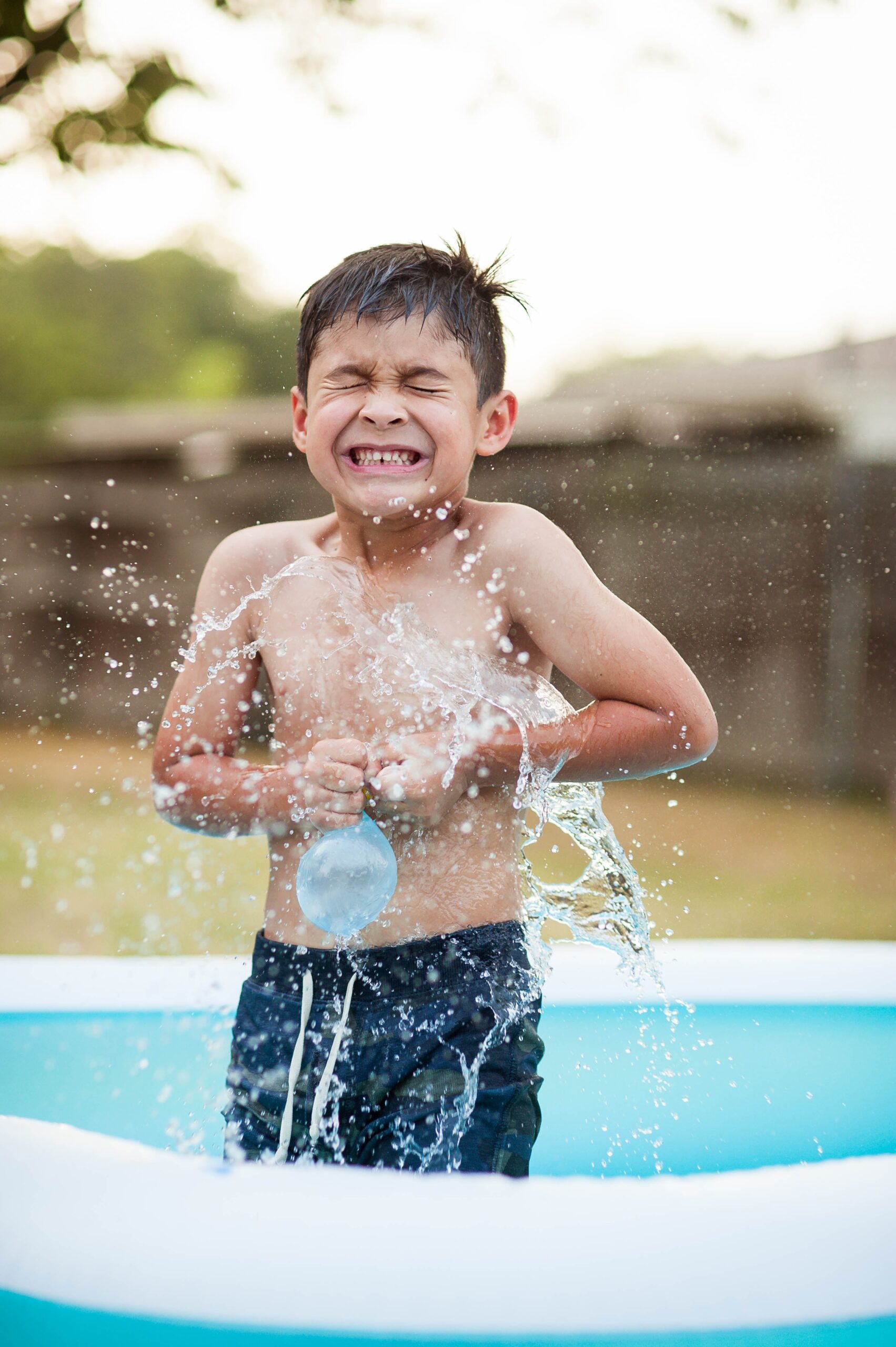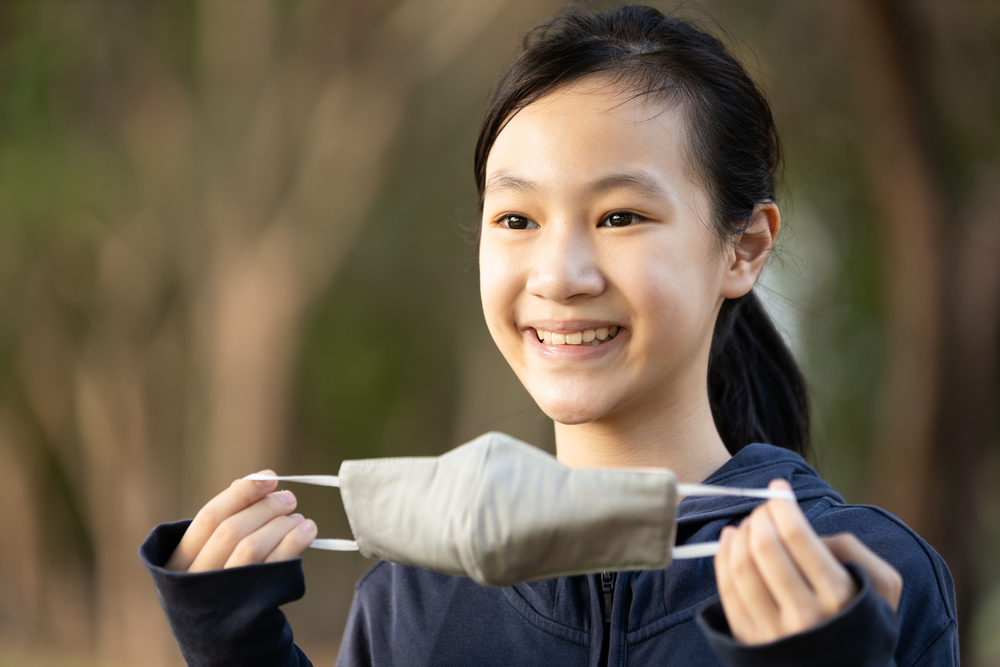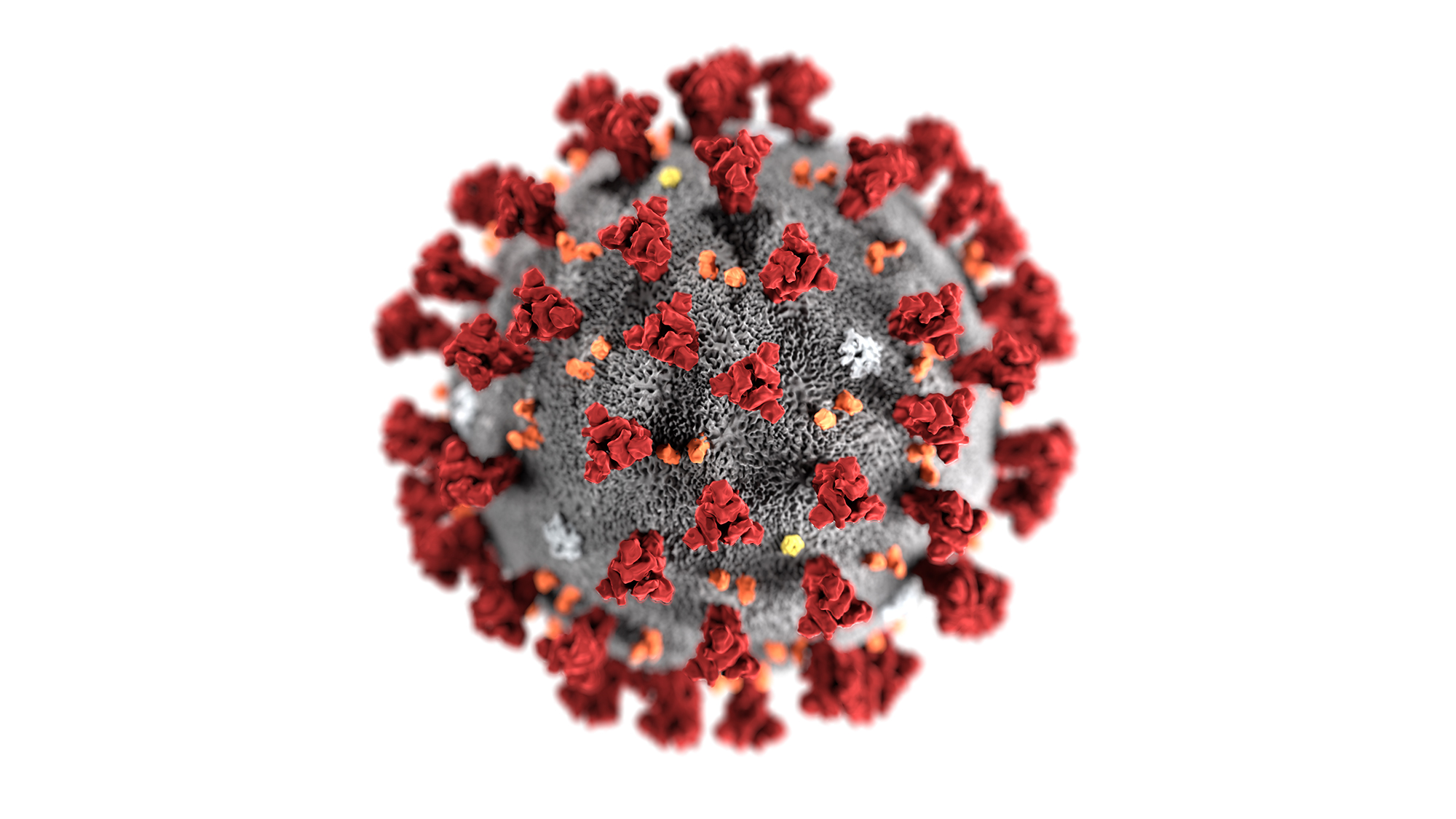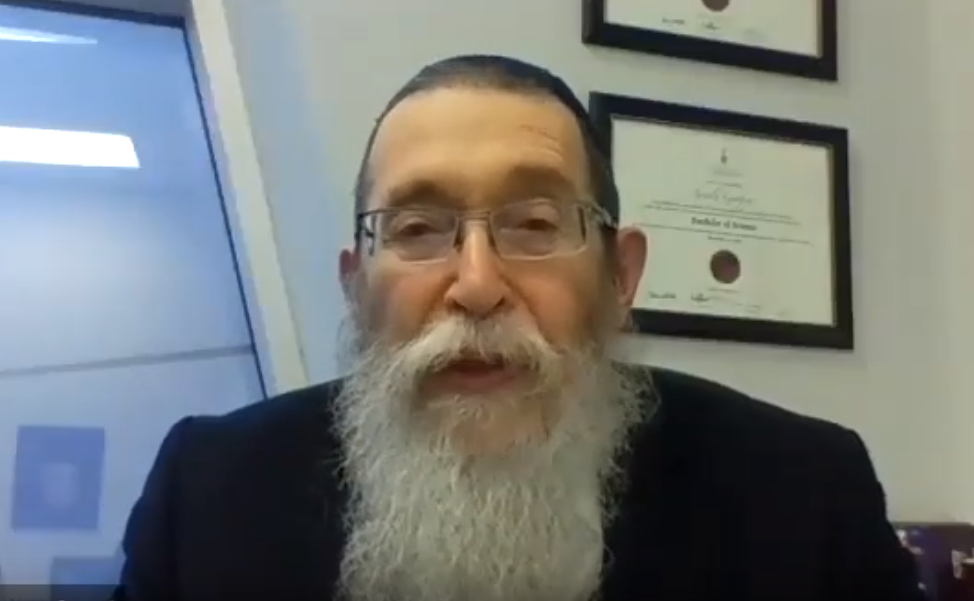There are some things you just don’t forget as a mom.
For me, there are so many precious, beautiful memories of my happy, exuberant child. I remember him on the day he was born, the first time he climbed a tree, and all the sweet snuggles only a little boy can provide.
Like any mom, there are also some memories that stand out for more painful reasons.
I remember the first time my child told me he was stupid and never going to learn to read, when the doctor first told me my son had ADHD, and when the teacher told me he was lazy and “unteachable.” These moments are impossible to forget.
As difficult as some of these memories are for me as a grown adult, I am also aware of the amount of shame and negativity my son has experienced in his young life. He has just as many memories of this type of adversity.
I know he is not alone. In fact, research shows that children with ADHD have far more negative interactions than a child who does not have ADHD.
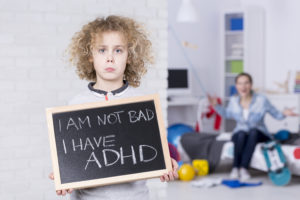 The average ADHD-afflicted child has one to two negative interactions per minute with the people in their lives. What that means is that most of these kids’ interactions with other people are negative. – William Pelham, director of the Center for Children and Families at Florida International University who has authored or co-authored more than 300 papers on ADHD.
The average ADHD-afflicted child has one to two negative interactions per minute with the people in their lives. What that means is that most of these kids’ interactions with other people are negative. – William Pelham, director of the Center for Children and Families at Florida International University who has authored or co-authored more than 300 papers on ADHD.
In an attempt to help my son overcome this torrent of negativity and the shame that almost always follows, we have incorporated growth mindset activities and discussions into our everyday life.
How To Teach A Child With ADHD About A Growth Mindset
For us, the most powerful tools for learning about a growth mindset have been the most practical and relatable for my son.
Our absolute favorite is Big Life Journal and all the resources they offer.
The journal provides weekly journaling topics that encourage self-reflection and growth. The stories and activities in the journal allow my son to explore growth mindset skills that not only counteract some of the negativity he encounters, they are helping him develop resilience as well.
For example, one of the most powerful weeks for us in the journal was the one focused on “Failure is Learning.” The activities included self-reflection around instances where my son has failed, the reality that the most successful people have often failed the most, and an application section for my son’s real life circumstances.
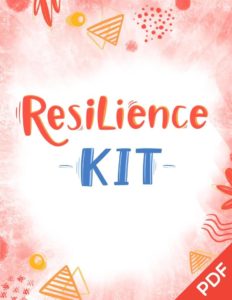 Big Life Journal also offers several accompanying “kits” focused on a particular topic relevant to developing growth mindset skills. We are working through the Resilience Kit right now – not only is my son loving it, but I find myself learning so much as well!
Big Life Journal also offers several accompanying “kits” focused on a particular topic relevant to developing growth mindset skills. We are working through the Resilience Kit right now – not only is my son loving it, but I find myself learning so much as well!
The Resilience Kit has activities focused on learning what we can and cannot control, and provides continual reinforcement that challenges only make us stronger.
My son’s eyes light up when we talk about people who have done great things, despite difficult circumstances. He is inspired and the lesson is not lost the next time he encounters opposition in his own life.
Why Teaching A Growth Mindset Is So Important For Children With ADHD
I think this intentional focus on mindset is wonderful for any child. I think it is essential for a child with ADHD.
Here is what an adult with ADHD describes as a daily struggle.
We’ve spent a lifetime being berated: about our disorganization, our lack of common sense, our in-and-out memory. We’ve been berated so often, in fact, that we’ve internalized it. We don’t need a parent or teacher to tell us any more; their words have become our own. I’m so stupid, I thought. I’m so dumb. Why can’t I be more organized? Why can’t I remember things like everyone else? Elizabeth Broadbent – ADDitude Magazine
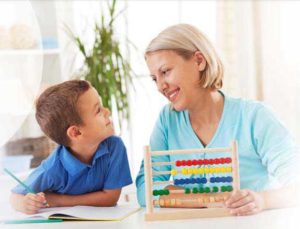 I have an opportunity to help my son create a mindset that will serve him well over the course of his life. Moreover, I find that establishing this type of conversation and reflection makes our days so much easier.
I have an opportunity to help my son create a mindset that will serve him well over the course of his life. Moreover, I find that establishing this type of conversation and reflection makes our days so much easier.
My child knows I am on his team. He knows that we are working together to help him succeed. He knows that he has strengths that far outweigh his differences.
Yes, my son has ADHD. I am grateful to say that he is learning how to live with it confidently and with a growth mindset.
Shawna Wingert is a special education teacher turned business consultant, and mom of two brilliant boys with differences and special needs. Shawna has written three books for parents of special needs – Everyday Autism, Special Education at Home and Parenting Chaos. She can be found online at her blog, www.nottheformerthings.com.
For more information about Big Life Journal, please visit: www.biglifejournal.com


